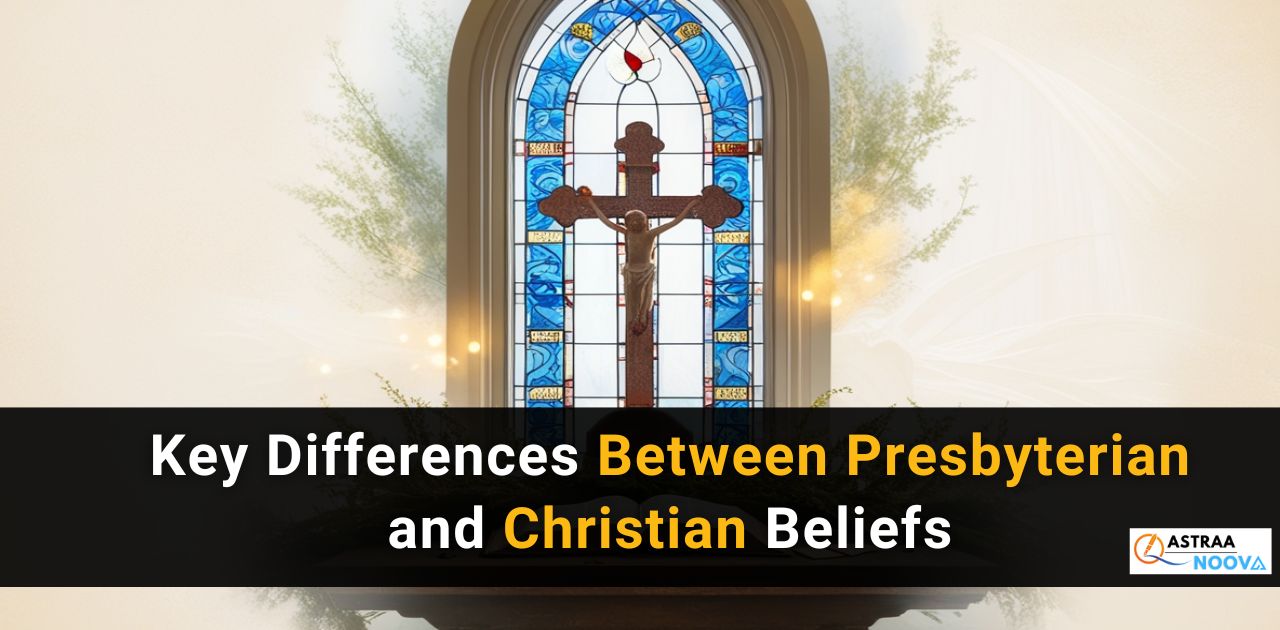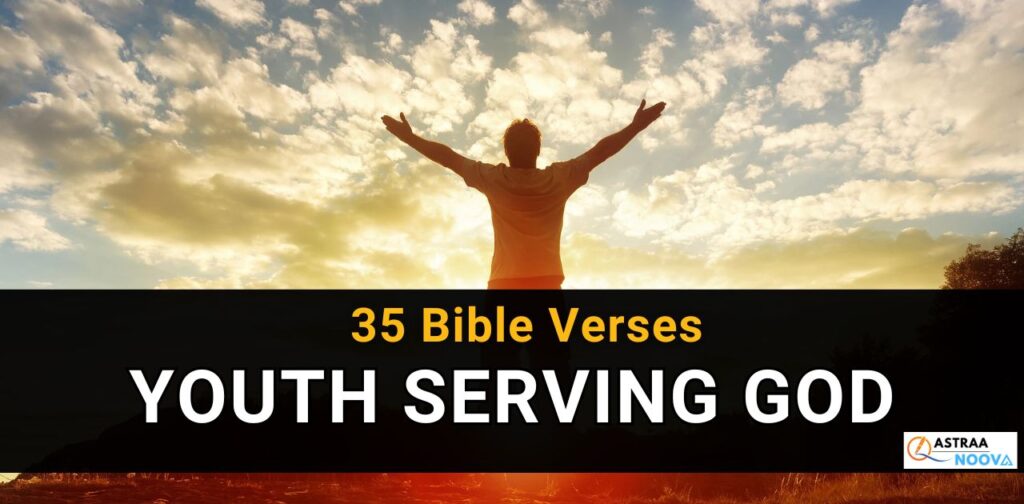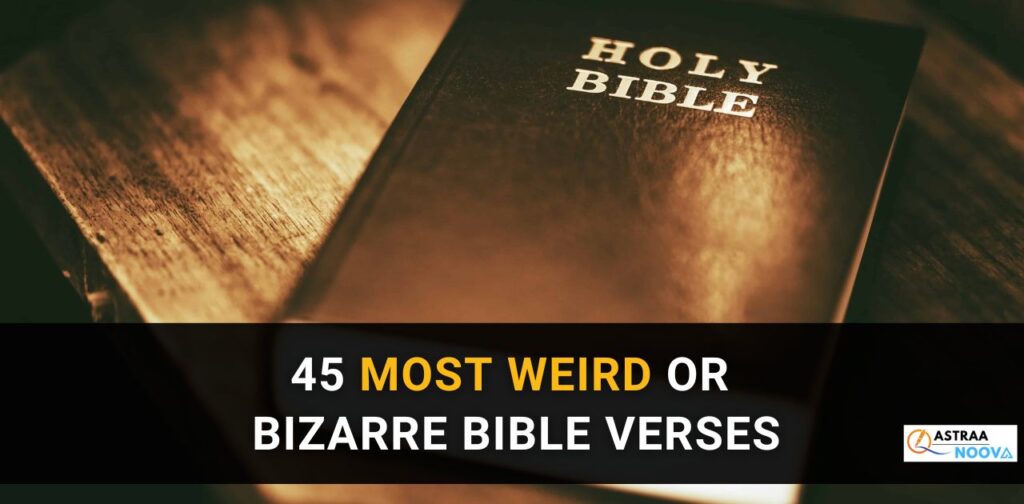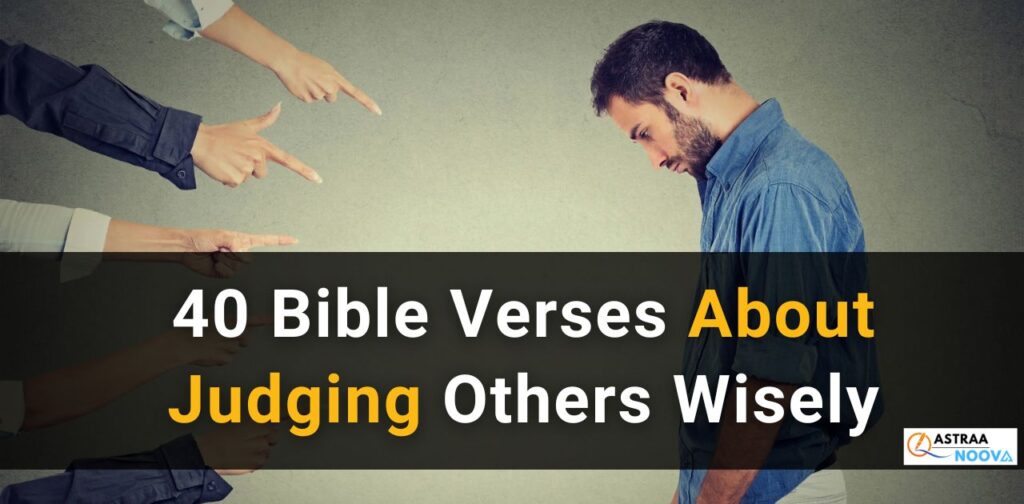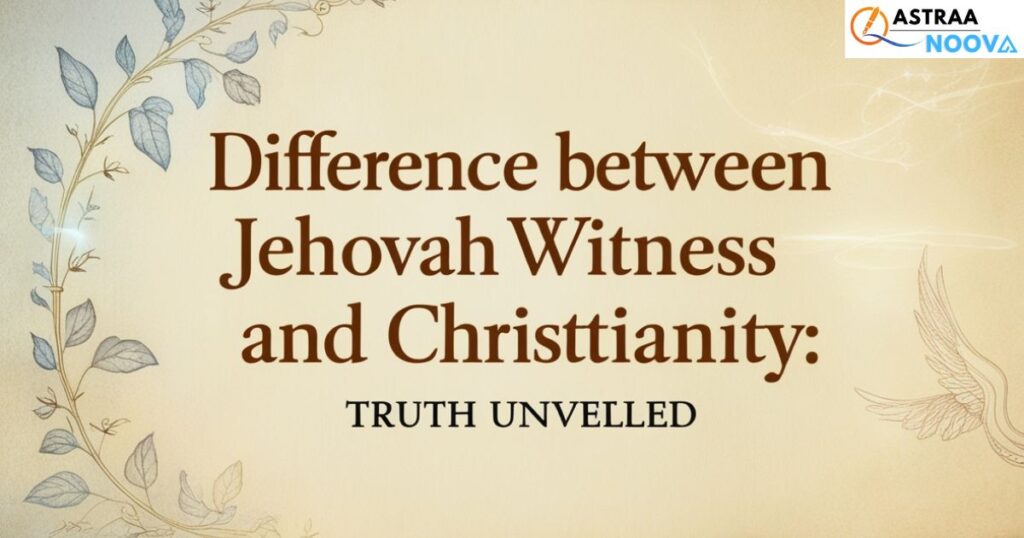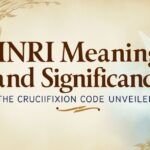Understanding the intricate landscape of Christian denominations can be challenging for many believers and spiritual seekers. While Presbyterianism represents a distinct branch of Protestant Christianity, its nuanced beliefs and practices often spark curiosity and confusion.
This comprehensive guide will explore the theological, historical, and practical distinctions between Presbyterian traditions and broader Christian beliefs, offering readers an in-depth understanding of this rich spiritual tradition.
What Defines a Christian Denomination?
Christianity encompasses a diverse array of theological traditions, each with unique interpretations of faith, worship, and biblical understanding. A Christian denomination represents a distinct religious community within the broader Christian tradition, characterized by:
- Specific theological interpretations
- Unique governance structures
- Distinctive worship practices
- Historical and cultural contexts
| Denomination | Key Characteristics | Theological Focus |
| Presbyterian | Calvinist theology | Sovereignty of God |
| Baptist | Believer’s baptism | Individual spiritual journey |
| Lutheran | Reformation heritage | Grace through faith |
| Methodist | Wesleyan tradition | Social holiness |
Historical Context of Christian Diversity
The emergence of different Christian denominations can be traced back to theological debates, cultural transformations, and interpretative differences throughout church history. John Calvin, a pivotal figure in the Protestant Reformation, significantly influenced the development of Presbyterian theology.

“In essential beliefs, unity. In non-essential beliefs, liberty. In all things, charity.” – Augustine of Hippo
Are Presbyterians Catholic?

Theological and Institutional Differences
Presbyterians and Catholics represent distinct branches of Christian tradition, with fundamental differences in:
Governance Structure
- Catholic Church: Hierarchical structure with papal authority
- Presbyterian Church: Democratic governance through elected elders
Salvation Theology
- Catholics: Salvation through faith and good works
- Presbyterians: Justification through faith alone
Scriptural Reference
1 Corinthians 1:10 – “I appeal to you, brothers and sisters, in the name of our Lord Jesus Christ, that all of you agree with one another in what you say and that there be no divisions among you, but that you be perfectly united in mind and thought.”
Worship Practices Comparison
| Aspect | Catholic Tradition | Presbyterian Practice |
| Liturgy | Elaborate ritualistic | Simple, scripture-focused |
| Sacraments | Seven sacraments | Two primary sacraments |
| Church Leadership | Papal hierarchy | Elected elder leadership |
Read Also >> Attributes of the Holy Spirit: Power and Presence of the Spirit in Christianity
What is the Difference Between Protestant and Presbyterian?
Protestant Christianity emerged from the 16th-century Reformation, challenging certain Catholic doctrinal practices. Presbyterianism represents a specific Reformed tradition within this broader movement.
Key Presbyterian Characteristics
- Calvinist theological foundation
- Emphasis on biblical authority
- Democratic church governance
- Strong educational traditions
2 Timothy 3:16-17 – “All Scripture is God-breathed and is useful for teaching, rebuking, correcting and training in righteousness, so that the servant of God may be thoroughly equipped for every good work.”
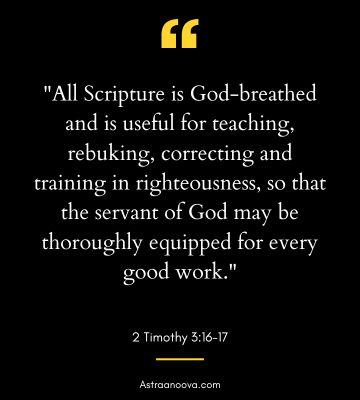
Theological Distinctives
Presbyterians distinguish themselves through:
- Sovereignty of God: Believing in divine control and predestination
- Priesthood of All Believers: Encouraging congregational participation
- Social Justice Advocacy: Active community engagement
What Are the Key Differences Between Presbyterian and Christian?
While Presbyterians share core Christian beliefs, their theological interpretation offers unique perspectives:
- Trinity: Belief in God as three persons
- Divinity of Jesus Christ
- Salvation through Grace
Presbyterian-Specific Interpretations
- Predestination doctrine
- Emphasis on biblical scholarship
- Structured worship practices
John 17:20-21 – “My prayer is not for them alone. I pray also for those who will believe in me through their message, that all of them may be one, Father, just as you are in me and I am in you.”
What Are the Similarities Between Presbyterians and Other Christian Denominations?
Despite denominational differences, Christians share fundamental values:
- Love
- Forgiveness
- Compassion
- Justice
Interdenominational Connections
- Collaborative mission work
- Shared biblical teachings
- Commitment to community service
Romans 12:4-5 – “For just as each of us has one body with many members, and these members do not all have the same function, so in Christ we, though many, form one body, and each member belongs to all the others.”
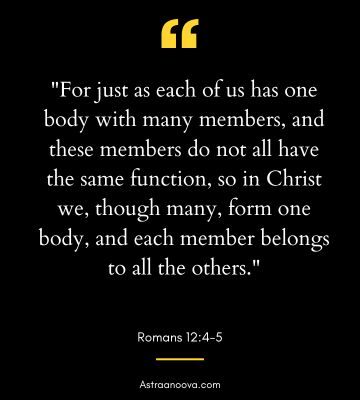
Conclusion
Understanding the nuanced differences and similarities between Presbyterian traditions and broader Christian beliefs requires theological insight, historical context, and spiritual openness. While denominational distinctions exist, the core message of Jesus Christ’s love, redemption, and hope remains universal.
FAQ’s
Is Presbyterian the same thing as Protestant?
No, Presbyterianism is a specific denomination within Protestant Christianity. While all Presbyterians are Protestants, not all Protestants are Presbyterians. Presbyterianism emerged from the Protestant Reformation with distinct theological and governance characteristics.
What makes Presbyterians different from other Christians?
Presbyterians are distinguished by their:
- Calvinist theological foundation
- Democratic church governance through elected elders
- Strong emphasis on biblical scholarship
- Belief in predestination
- Focus on social justice and community engagement
What do Presbyterians not believe?
Presbyterians do not:
- Recognize papal authority
- Believe in salvation through good works alone
- Practice elaborate liturgical rituals
- Accept the Catholic concept of saints’ veneration
- Support hierarchical church leadership
Do Presbyterians believe Jesus is God?
Yes, Presbyterians affirm the divinity of Jesus Christ as part of the Christian Trinity. They believe Jesus is fully God and fully human, the divine son of God who provides salvation through grace.
What Bible do Presbyterians use?
Most Presbyterian churches use standard English translations like the New Revised Standard Version (NRSV), King James Version (KJV), or New International Version (NIV). They emphasize biblical scholarship and careful interpretation.
Are Presbyterians liberal or conservative?
Presbyterian churches vary in their theological and social perspectives. Some denominations lean more conservative, while others are more progressive. The Presbyterian Church (USA) tends to be more liberal, while the Presbyterian Church in America is more conservative.
Are Presbyterians against birth control?
Generally, Presbyterians do not have an official stance against birth control. Individual churches and members may have varying personal views, but most Presbyterian denominations do not prohibit contraception.
What are the core beliefs of Presbyterians?
Core Presbyterian beliefs include:
- Sovereignty of God
- Salvation through grace alone
- Authority of the Bible
- Priesthood of all believers
- Predestination
- Importance of education and social justice
Do Presbyterians get baptized?
Yes, Presbyterians practice baptism as a sacrament. They typically baptize both infants and adult converts, viewing baptism as a sign of God’s covenant and grace.
Is A Presbyterian A Mormon?
No, Presbyterians and Mormons are entirely different religious traditions. Presbyterians are a Protestant Christian denomination, while Mormonism (The Church of Jesus Christ of Latter-day Saints) is a distinct religious movement with different theological beliefs.

Multilingual faith educator exploring connections between language, spirituality, and dream symbolism.
